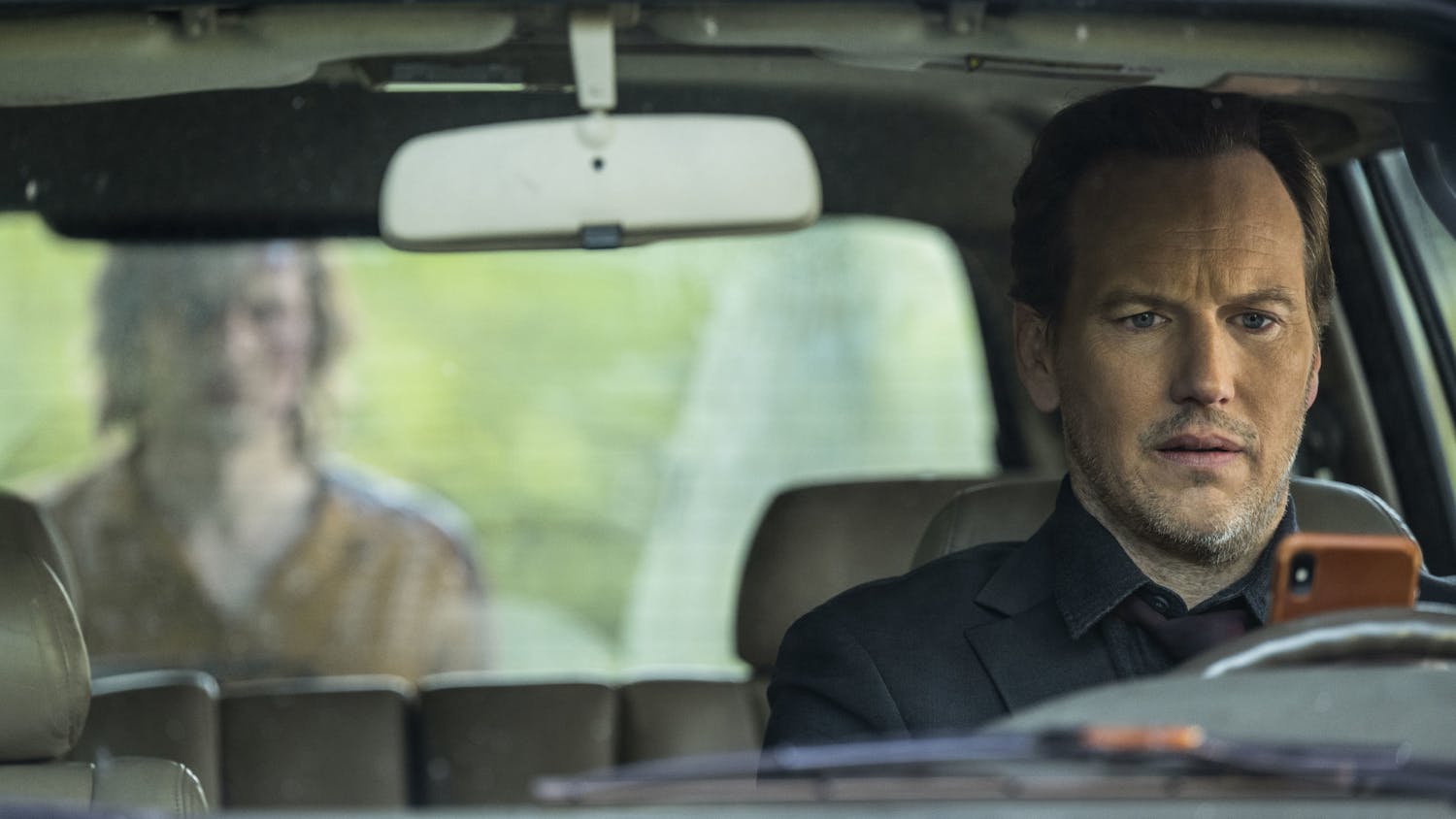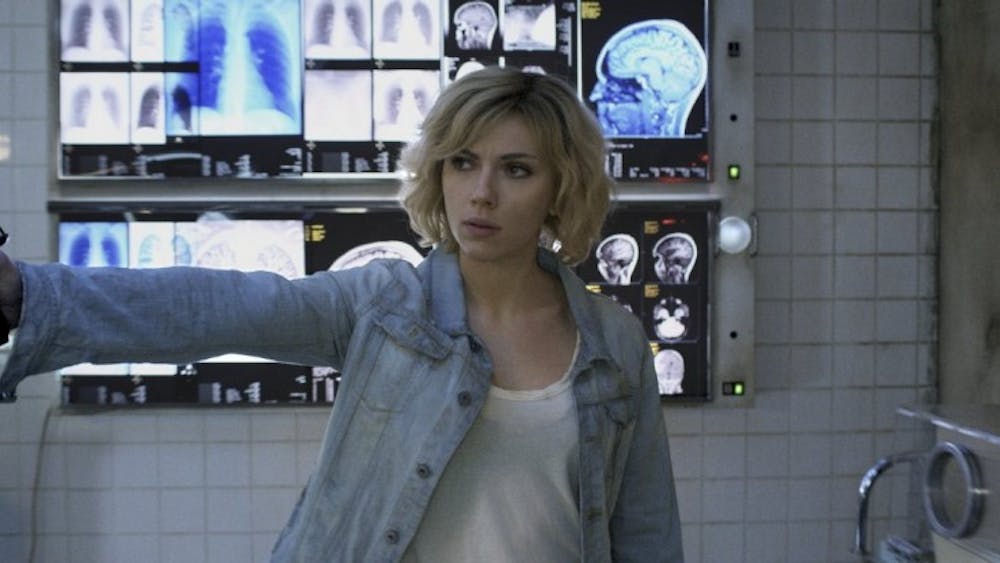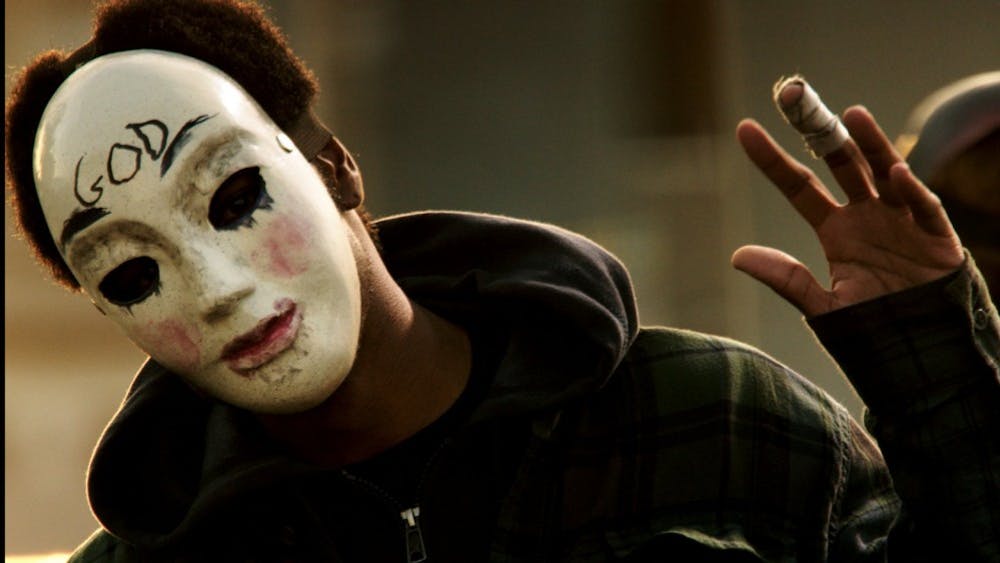Every year, an Academy Award is given to the best short subject feature film. Unfortunately, the average movie-goer rarely has an opportunity to see any of the acclaimed short dramas, documentaries and animated films. \nIn 1998, the best short feature was awarded to a film called "Visas and Virtue," which had its premier in Indiana. Before winning the academy award "Visas and Virtue" won the Jimmy Stewart Crystal Heart award at the 1997 Heartland Film Festival, established in 1991. The festival is held every fall in Indianapolis and other locations in central Indiana to single out well-made films that focus on positive and inspiring examples of the human spirit.\nFrom Oct. 17-27, films will be screened that represent these ideals. But do not expect a conservative and syrupy, feel-good schedule of films, as the festival is not meant to be manipulative or cheesy. "Our festival is about showcasing films that artistically explore the human journey," Heartland president Jeff Sparks says.\nIn the past, Sparks says, films from "Dead Man Walking" to "Babe" were celebrated at Heartland; the mainstream studio films are a small part of the festival. The festivals's core is the independent features screenings. Filmmakers from all over the world are invited to submit entries to a panel of judges. The Crystal Heart committee, made up of past festival winners, selects the films to be presented. To encourage these independent filmmakers to participate, cash prizes are awarded to winners to finance future films of the same artistic quality.\nJames Naremore, film studies professor, says he believes Heartland is a great way for independent regional filmmakers to display unconventional work.\n"Film festivals are a way for filmmakers to get outside of Hollywood," Naremore says.\nHeartland tries to set itself apart from other festivals. While events such as the Sundance and Toronto film festivals have been infiltrated by the Hollywood mainstream so that aspiring young filmmakers focus more on networking and selling their films to distributors, Angelo Pizzo, the screenwriter and producer of "Hoosiers" and "Rudy," says Heartland exists to encourage the artistry of film. \n"There's nothing like it, and quite frankly," he says, "I don't think there's anything better, than Heartland."\nPizzo, an alumnus, is a longtime participant in the festival. His films have been showcased in the past and he also lends his expertise to the educational aspects of the event. In three days at Franklin College, Anderson University and Butler University filmmakers, educators and critics will hold three educational series on filmmaking. These audience participation events will cover the topics of criticism, film production and screenwriting. \n"It's not a lecture, because that's too much like school," Pizzo says. "Instead, it's a time for the participants to see the actual filmmaking process."\nWhile other people will be learning about film at the festival, one of its contestants will actually take time off of school to present his work. Fort Wayne resident and University of Southern California freshman Nathan Gotsch will attend the festival as a contestant and presenter. His short documentary, "A Change of Plans," is currently the talk of the festival.\nGotsch is proud of all he has accomplished but says, "This is just the first step hopefully. There is still a lot to learn."\nHeartland discovered his film after it won best Video Art entry and best in show at the Project XL scholarship contest. The film is an interview with Gotsch's close friend, Kenneth Loechner, who as a Ball State freshman discovered he had a terminal brain tumor. Sparks describes the short film as "A very significant piece of work."\nHe is the first high school filmmaker to be included in the festival, and Sparks says it may possibly inspire a new category of exhibition for young artists in future years. \nThough Gotsch has already learned much about the film industry through his experience, he says that making a documentary feature and making it successful is a challenge. \n"In most movies, people are looking for a fictional escape from their lives," Gotsch says. "Documentaries are real, and people can't hide from how real they are."\nBut Pizzo says that is what makes the Heartland Film festival so important -- it creates a public forum for people to deal with real issues. \n"It's important because it supports filmmakers with sensibilities, aesthetics and tastes that make positive, important films," Pizzo says. "Its spirit has real support for the art."\nThe Heartland Film Festival will be handing out its millionth dollar in revenue to support the art of filmmaking this year. Also, a new attraction has been added to the festival, where critics from across the country have picked inspiring films to be exhibited. These films, such as "Schindler's List," "Glory," "Hoosiers," "To Kill a Mockingbird" and "The Shawshank Redemption," exemplify the qualities that Heartland looks for in a film. \n"Their intentions are the best," Pizzo says. "To inspire"
The heart of film:
Midwestern filmmakers get the chance to display creative films and documentaries
Get stories like this in your inbox
Subscribe





